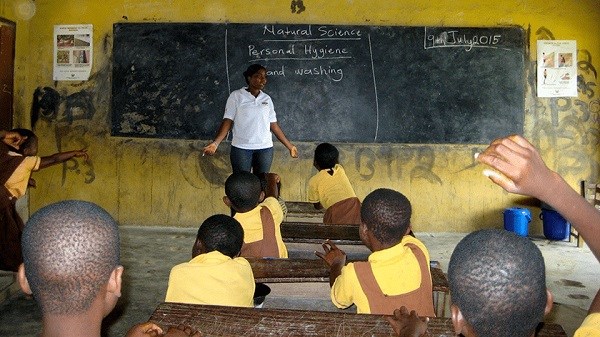
Friday, March 7 Declared Public Holiday for Pre-Tertiary Students Across Ghana: What Parents and Teachers Need to Know

The government of Ghana has officially declared Friday, March 7, a public holiday for pre-tertiary students across the country. This decision follows the annual Independence Day celebrations on March 6, allowing students to rest and recover after participating in national events. While many parents and students welcome the break, some educators are concerned about its impact on the academic calendar. This article explores the reasons behind the holiday, its implications for schools and families, and how parents and teachers can make the most of this unexpected day off. Whether you support the decision or have concerns, understanding the rationale behind it can help you better prepare for the day.
Reason Behind the March 7 Public Holiday for Pre-Tertiary Students
The government of Ghana has declared Friday, March 7, a public holiday for pre-tertiary students across the country. This decision comes as an extension of the Independence Day celebrations held on March 6 each year. By granting students a day off, the government aims to allow them to fully participate in and recover from the national celebrations, which often involve parades, cultural activities, and other patriotic events. The holiday is also intended to ease logistical challenges, as many schools play a key role in organizing these activities. Beyond the celebrations, the declaration of March 7 as a holiday also considers the well-being of students. Many students participate in physically demanding activities during Independence Day events, and having a day off allows them to rest before returning to academic work. Additionally, the decision aligns with previous instances where the government has provided similar breaks to ensure students are not overwhelmed. While some education stakeholders may express concerns about potential disruptions to the academic calendar, the holiday serves as a recognition of students’ contributions to national events and their need for adequate rest.
Public Reactions to Ghana’s Decision to Declare March 7 a Holiday
The declaration of Friday, March 7, as a public holiday for pre-tertiary students in Ghana has sparked mixed reactions from various stakeholders. Many parents and students have welcomed the decision, seeing it as an opportunity for students to rest after participating in Independence Day celebrations. Since these events often involve long hours of parades and cultural performances, some parents believe the holiday is necessary to ensure students recover before returning to academic activities. Students, on the other hand, are largely excited about the unexpected break, viewing it as a chance to relax or catch up on personal activities. However, some education stakeholders, including teachers and school administrators, have raised concerns about the impact of the holiday on the academic calendar. With limited instructional time already affecting learning outcomes, they worry that the extra day off could disrupt lesson plans, especially for students preparing for major exams. Some teachers have suggested that instead of a full-day holiday, schools could have been allowed to operate on a half-day schedule to balance rest and academic commitments. Beyond the education sector, the public holiday has also drawn attention from the general public, with some questioning the necessity of an additional day off. Critics argue that frequent holidays could affect productivity and set a precedent for more non-essential breaks in the future. On the other hand, supporters believe that national celebrations should be properly observed, especially by students who play a key role in these events. As the debate continues, the government maintains that the decision was made in the best interest of students and aligns with past practices of granting breaks after major national events.
The declaration of Friday, March 7, as a public holiday for pre-tertiary students in Ghana is a decision aimed at ensuring students can fully participate in and recover from the Independence Day celebrations. While the move has been welcomed by many parents and students, some educators have raised concerns about its impact on academic schedules. Regardless of differing opinions, the holiday presents an opportunity for rest and engagement in meaningful activities outside the classroom. Parents can use the time to encourage educational activities at home, while teachers may need to adjust lesson plans to accommodate the break. As Ghana continues to balance national traditions with academic priorities, such decisions highlight the importance of considering both student well-being and educational progress.








